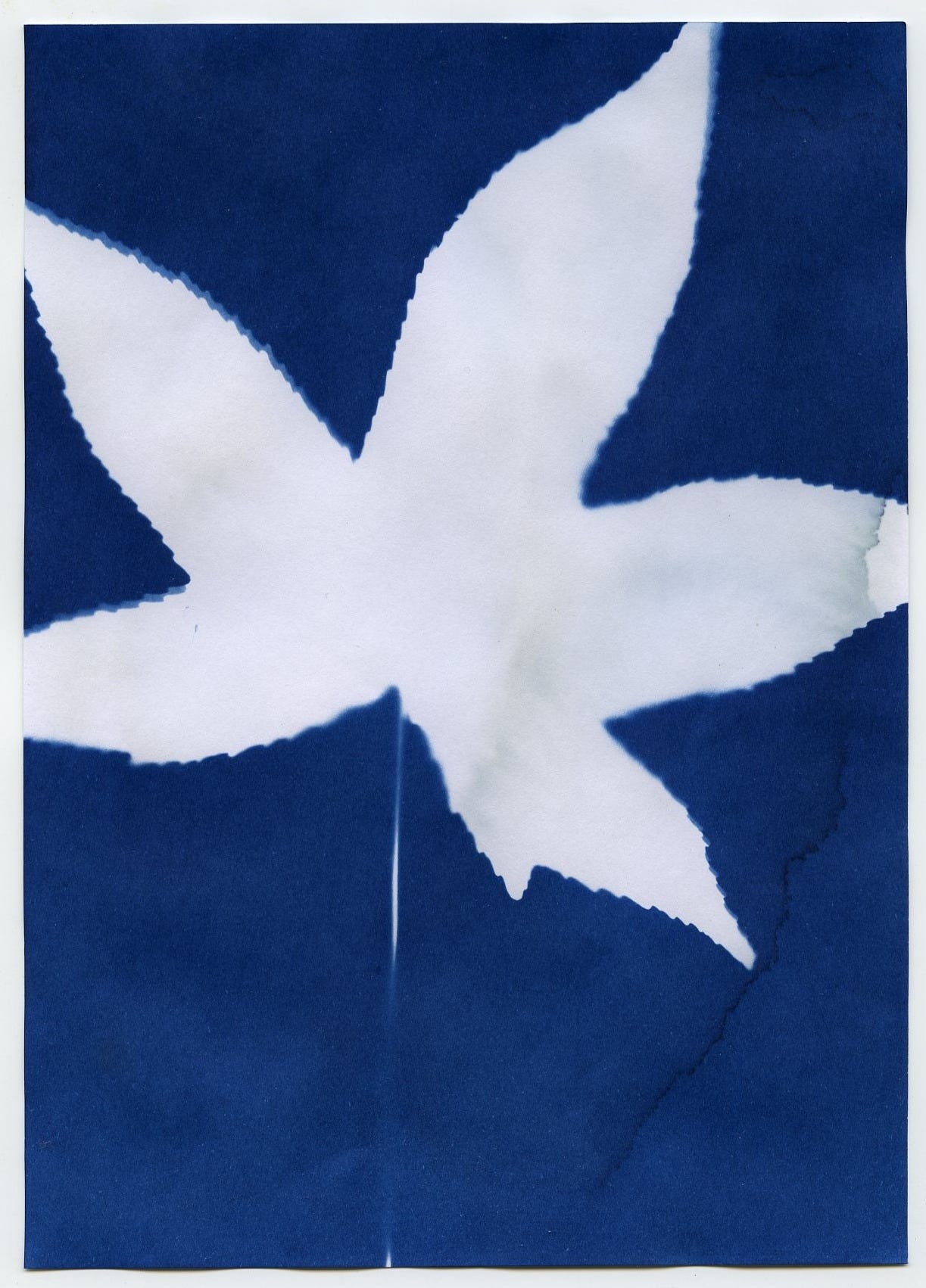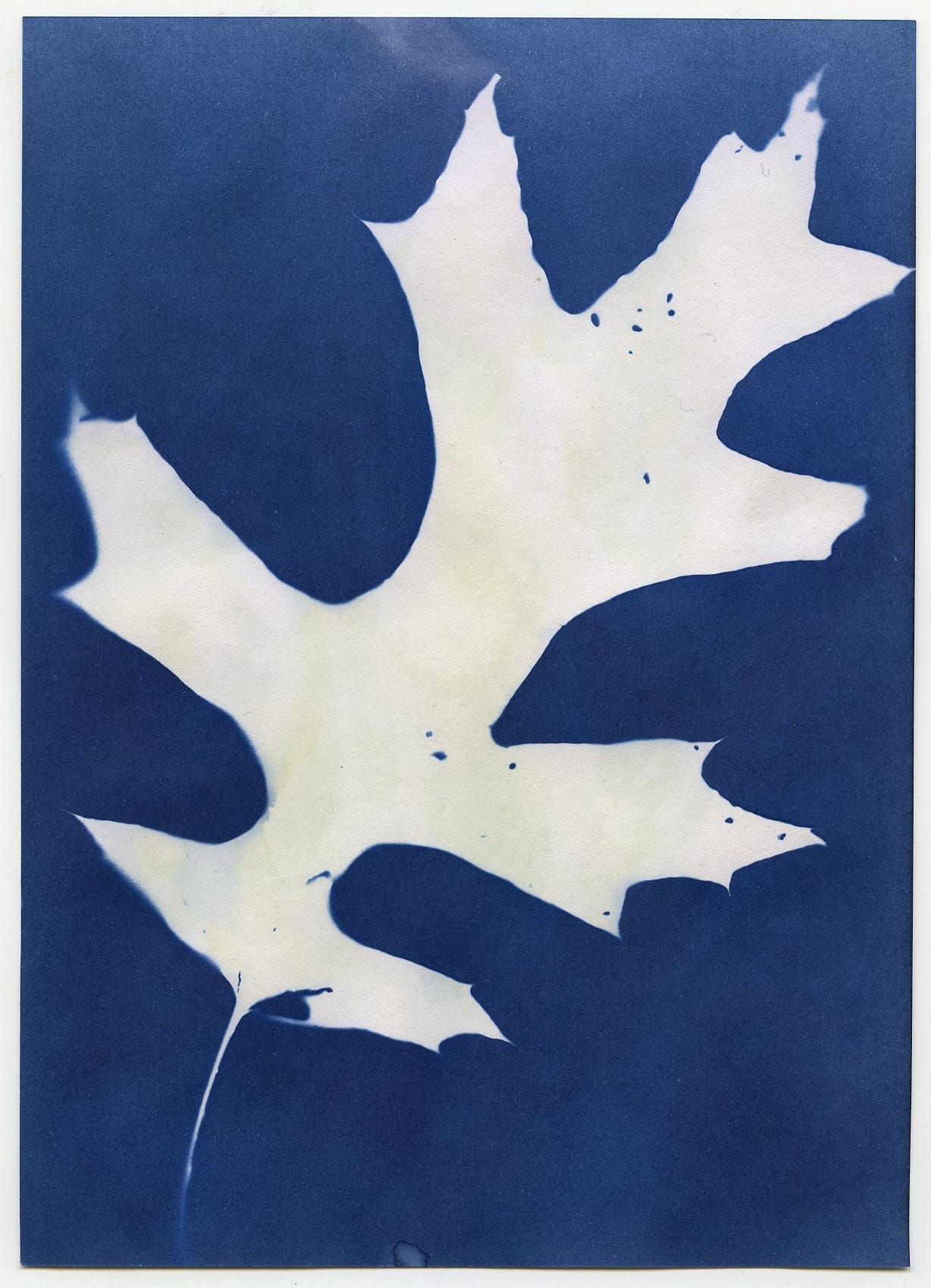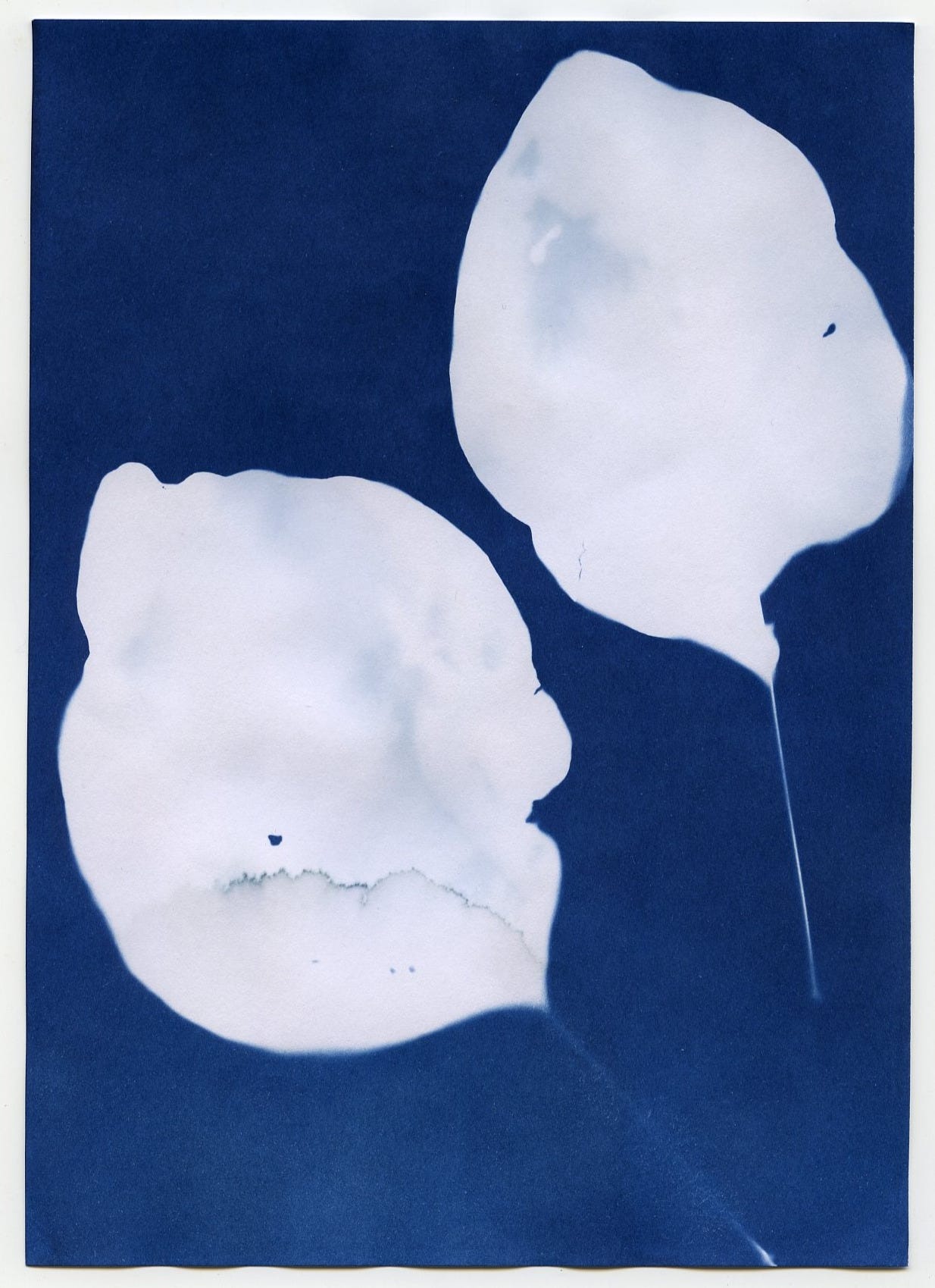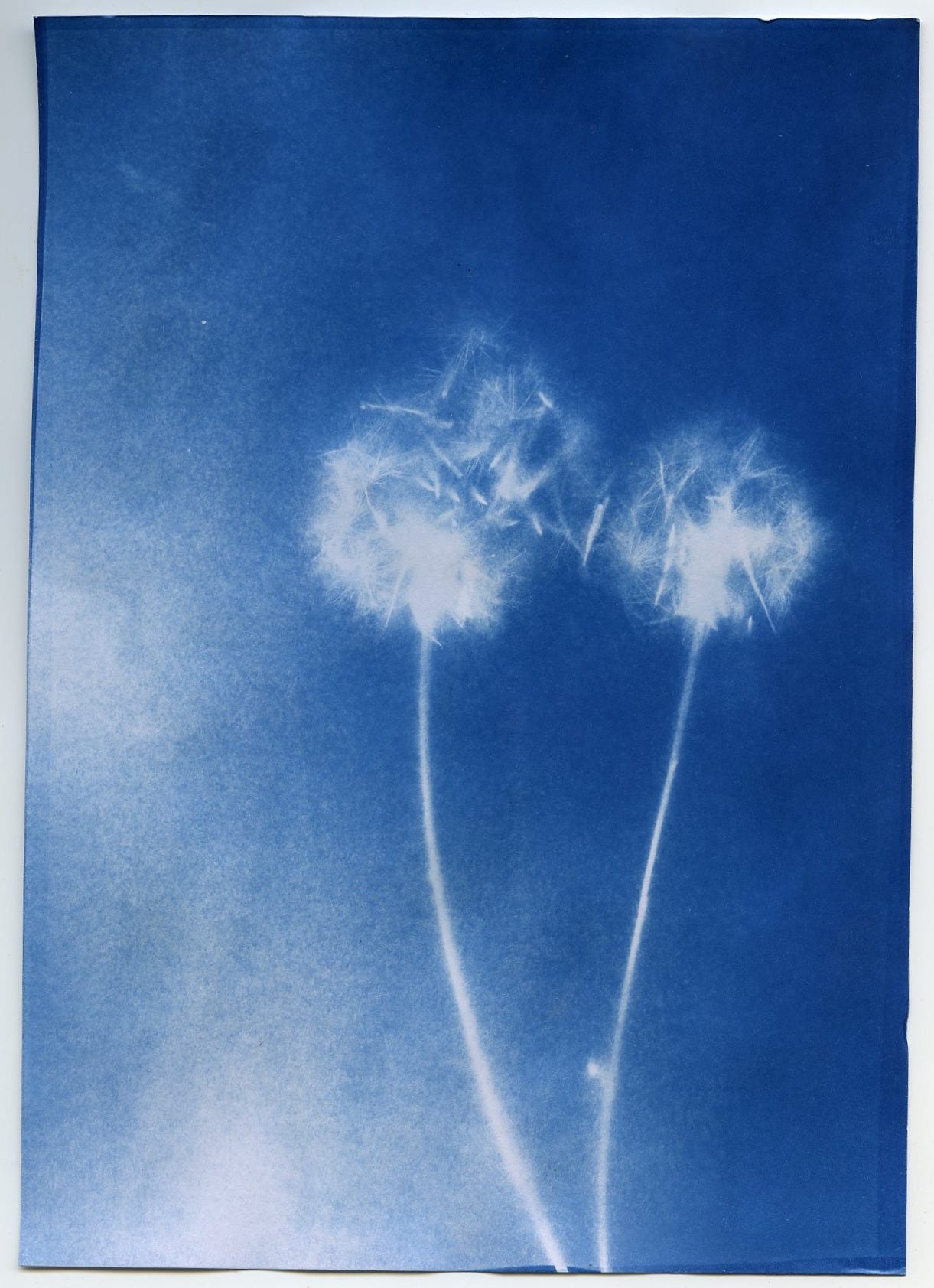Oxbow Island, Part 4
in which the crochet cozy facilitates the delivery of excellent news to my inner second-grader
“Carbo-loading, huh?” said Ben as I scooped homemade granola onto the yogurt in my cup.
We were at the roofed shelter for the group site, and he was standing at the multi-burner camping stove they’d set up the night before, frying bacon, eggs, and breakfast potatoes. I glanced at him, searching for irony in his face. Detecting none, I shrugged. “I guess so?”
Jim was still asleep in the hammock, and the girls were off delightedly finding their morning posse, with short breaks to swing by and demand hot chocolate. I had found Jim’s backpacking butane tanks, burners, and pots, and was un-nesting all of them, feeling deeply impressed with the ingenuity of people who made backpacking supplies (so light! so compact!), and almost as deeply impressed with myself for figuring out the strange swinging arms and spiky rings of the little burners, which screwed directly into the tops of the friendly red-orange butane tanks. I had filled the collapsible kettle with water, balanced it on the swing-arm burner, and was turning the little wire-loop knob on the side of the burner to produce the hissing noise I remembered from last time. The trick was to get enough gas flowing that you could light it, without wasting too much. Last time I had gradually turned the wire loop knob while Jim held a flame to the burner. This time I did it, successfully, by myself.
Coffee was brewing in the French press when Jim joined me at the shelter table. I had figured we could save a bit of space if we made diesel-strength coffee in the little press and then just watered it down, rather than bringing the big one. I put the two crochet cozies on our cups, poured our very strong coffee, added water, then put half and half (from one tiny Kerr jar) into his coffee, and heavy cream (from a tiny Ball jar) into mine.
It was the way it sometimes is after a blowup that neither of us wanted to have happen: once the smoke blew away, there was not much heat left. I think we exchanged minimalist apologies. But I can’t remember what either of us said before we began peaceably drinking coffee together. We were in unspoken agreement: it was too good a day to waste.
After I finished my first cup, and Jim finished his first and then the espresso Ben offered him from his hexagonal silver stovetop moka pot, Isabela and Aaron walked by.
“Good morning,” Isabela called, smiling a smile that filled her face all the way up to her big dark eyes. Her wavy mahogany hair was back in a ponytail, showing striking badgerlike stripes of gray along her temples. She looked at our breakfast table. “Have you all been camping a lot?”
“No,” I said. “It looks like it, maybe, but this is probably our fourth time.” Then I explained about Jim backpacking and my parents not camping, ever, on principle. I returned the question to her. “No,” she said. “We go camping once in a while when someone invites us, and then we borrow everything!” Borrow everything? I thought, impressed. That was not a Lake Oswego thing to do, and I liked it for that. It was frugal, smart, and un-pompous.
Isabela sighed. “We’re heading into town to get coffee,” she said.
“Do you want us to make another round?” I asked. “We have plenty. I don’t want to keep you from a drive, though, if a coffee run was what you wanted.”
Her eyes lit up, just like the two boys’ eyes had lit up twenty minutes earlier when I was making hot chocolate for the girls, and offered them some. It was unguarded delight, delight without calculation about debts, expectations, or favors to return.
I felt lighter seeing it. Lake Oswego (where we live) is a wealthy white suburb of Portland, Oregon. I spent the last two years of high school here, and secretly vowed never to move back for keeps, because I felt so deeply a double sense of not belonging in this place, and of not wanting to belong in this place. But two decades, a lot of degrees, a marriage, and a baby later, when my parents downsized and offered us their house at a discount, it was a ticket to live near family, and when Jim was up for it, I jumped at the chance.
I’d managed fairly well not to become cowed by the HOA, even when they sent us nag letters. Jim would shake his head and whistle after I got off the phone with them, having flipped a written complaint about too much area covered in bark chips into eager promises from the head gardener to wait with us for the new growth, and not worry about the current barrenness of the ground.
But when Isabela sat down companionably to watch us brew the next round of coffee, I realized I had my guard up in a way she didn’t. I had baked things and taken them to the neighbors, and seen on their faces happiness, but also a kind of anxiety. And when, three days later, there was a return baked good, I realized what the anxiety was: a feeling of indebtedness, a feeling that kindnesses cannot simply be accepted, but must be repaid. I’d borrowed sugar or eggs from some of them, but no one had ever asked to borrow so much as a tool. And so, behind my gratitude for kindnesses, there was now a calculator too. Will this be okay? Have I overstepped a line?
“How was school this year for Lucy?” Isabela asked.
I took a deep breath and decided to be honest. We exchanged stories of beloved teachers, girl-on-girl meanness, and other people’s kids unexpectedly bursting into tears when asked to be kind.
As we talked, I felt a shift—I had not achieved escape velocity this year either to make it into the classroom to volunteer, and Jim and I had not found a sustainable rhythm giving each other nights out, so making it to the moms’ meetups Isabela had organized had also been tricky. I realized again that motherhood uncovers layers I didn’t realize were there. Insecurities, for example, that I thought were long put to rest.
I looked back on the year and noticed things I hadn’t noticed at the time. Lucy had come home with a story of being slighted, and before I knew it, I had seen the story’s villain in the hallway at school, and my inner pre-teen had had big feelings. Really? I said to the inner second-grader. She’s everything I’ll never be, the second-grader answered. But you are lovely, and good at your own set of things, I said. Nobody likes me, the second-grader answered. I will never have any friends. At this point, I stopped arguing and offered her a hug. At the end of the hug, I whispered, Let me tell you a secret—a message from the future. One day you will have the best friends anyone could ask for. And over a cup of coffee from a stainless steel cup with a hand-crocheted cozy on it, on a camping trip, you will start to make a new one.





